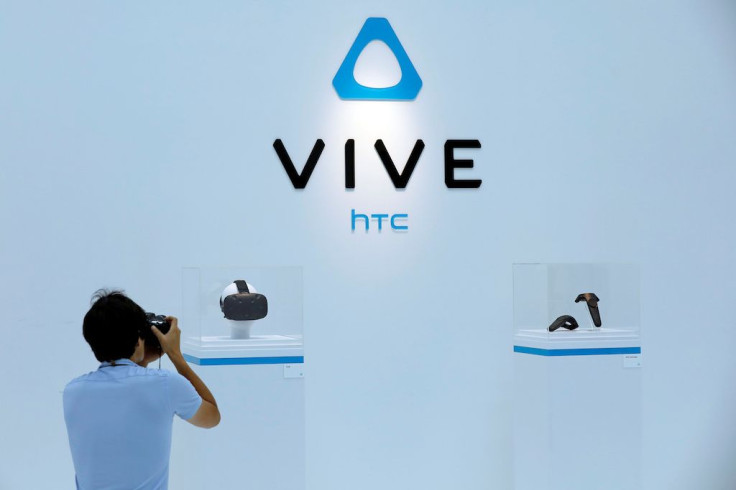HTC Announces Vive Focus Standalone VR Headset, Cancels Daydream Headset With Google

HTC has announced a new standalone virtual reality headset called the HTC Vive Focus. The VR headset is aimed at Chinese markets and its Western counterpart, which is supposed to be made in collaboration with Google, has been canceled.
The HTC Vive Focus was revealed by HTC during the company’s Vive Developers Conference in Beijing. The Vive Focus is a standalone VR headset, which means it doesn’t need a connected PC or a smartphone in order to work. The new VR headset also features inside-out positional tracking, so that it is able to track the user’s head movements without the need of external sensor.
“In the past, standalones have always kind of represented a mediocre balance, where you don't have much content and you can only do rotational, and it's not that much different than Cardboard except now you have one individual machine,” HTC Vive’s China President Alvin Wang Graylin told Engadget. “Now you can essentially do most of the things that you could do on a high-end machine on a standalone.”
The HTC Vive Focus is being powered by the Qualcomm Snapdragon 835 processor, the same chip that’s powering flagship Android smartphones like the Google Pixel 2, Samsung Galaxy S8 and the LG V30. The Vive Focus also comes with an AMOLED display inside, but HTC didn’t say what its exact screen resolution is. It also has a rotational head strap that’s similar to the Vive Deluxe Audio Strap and it comes with its own controller.
The controller features a trackpad and a trigger, and the Vive Focus will be able to track it’s rotational movements. This type of controller is also similar to what’s available to the Samsung Gear VR and the Google Daydream View, as pointed out by Road To VR.
The HTC Vive Focus will run on the company’s new Vive Wave platform. This open VR platform is HTC’s way of consolidating China’s fragmented mobile VR market. Vive Wave will function like Valve’s SteamVR platform in the United States, wherein users will be able to purchase, download and play with compatible VR games and experiences.
HTC didn’t give out pricing details or an exact release date for the Vive Focus. However, this standalone VR headset is expected to only hit Asian markets. So what about the U.S. market?
Back in May, Google announced that it was working on new standalone VR headsets with Lenovo and HTC which will be based on the company’s Daydream VR platform. HTC and Google have now confirmed that the Daydream-branded HTC standalone headset will no longer be coming to the U.S. market.
“We still have a great relationship with Google, but will not be bringing a standalone device to the western markets on Daydream,” an HTC spokesperson told Fast Company. “We’re looking closely at our hardware roadmap, and will share when there is more to come for Western users next year.”
Lenovo appears to be Google’s only hardware partner for its planned Daydream-branded standalone VR headset. Google said back in May that its standalone VR headset should arrive before the end of 2017.
© Copyright IBTimes 2024. All rights reserved.











